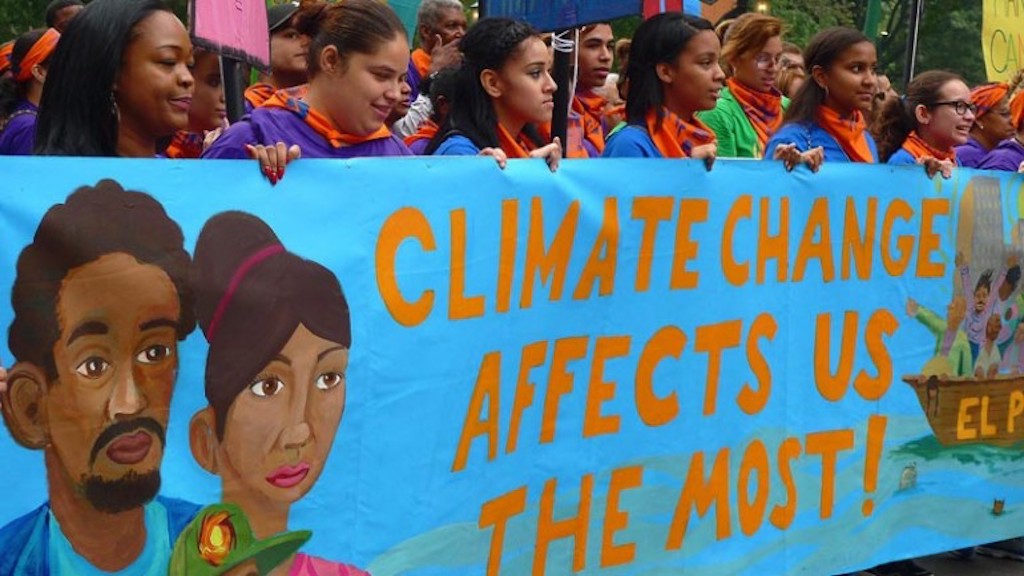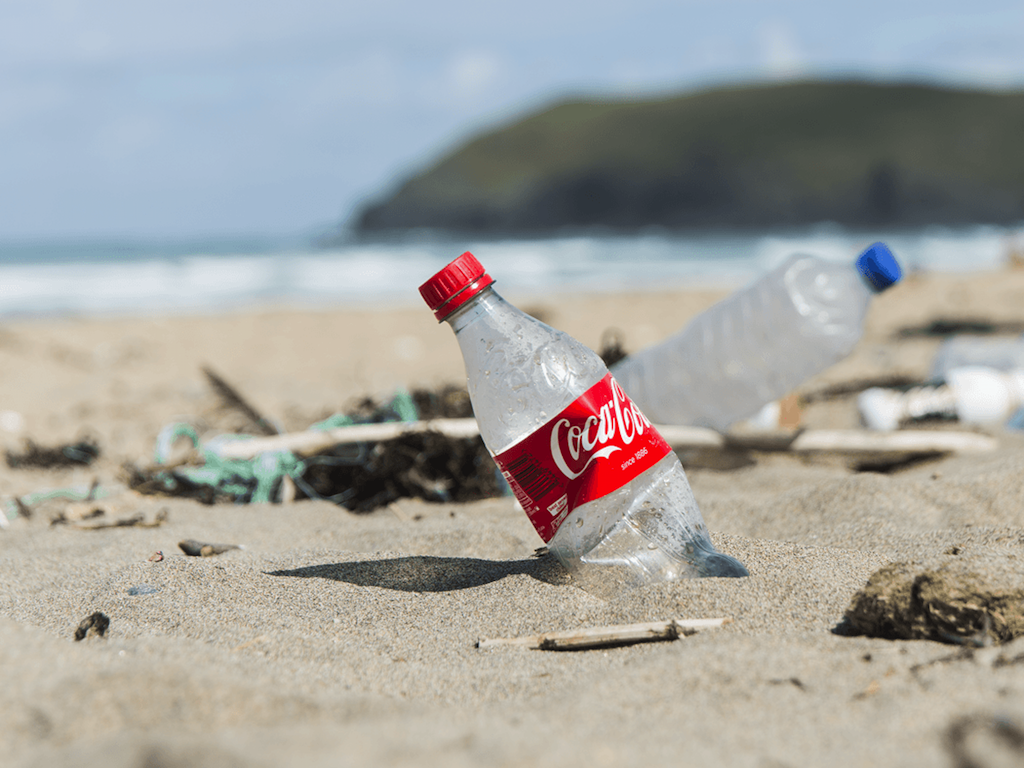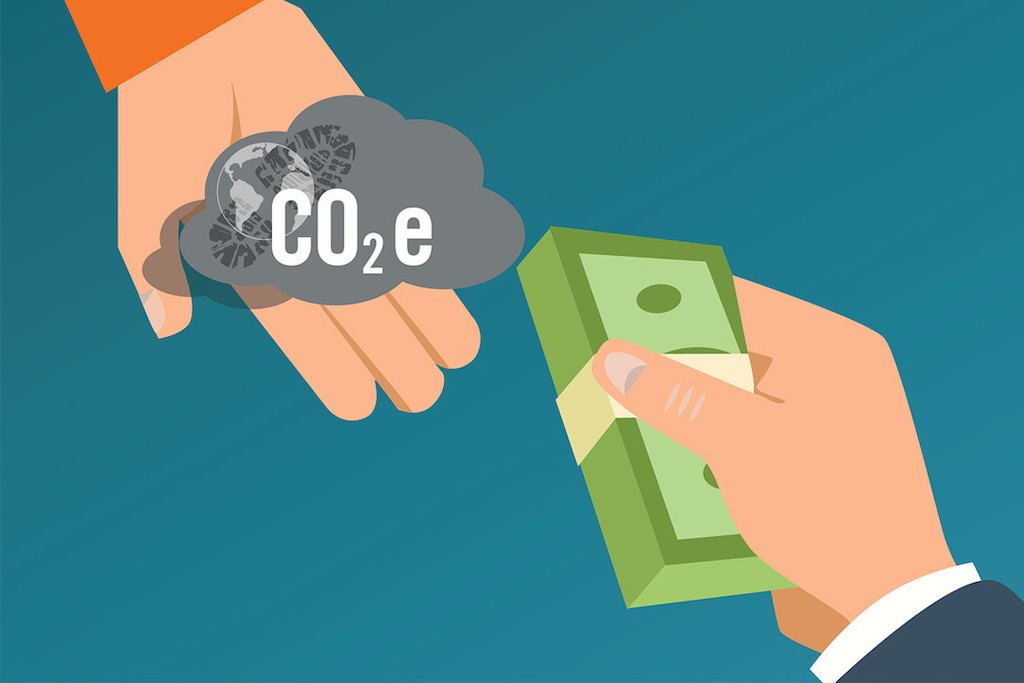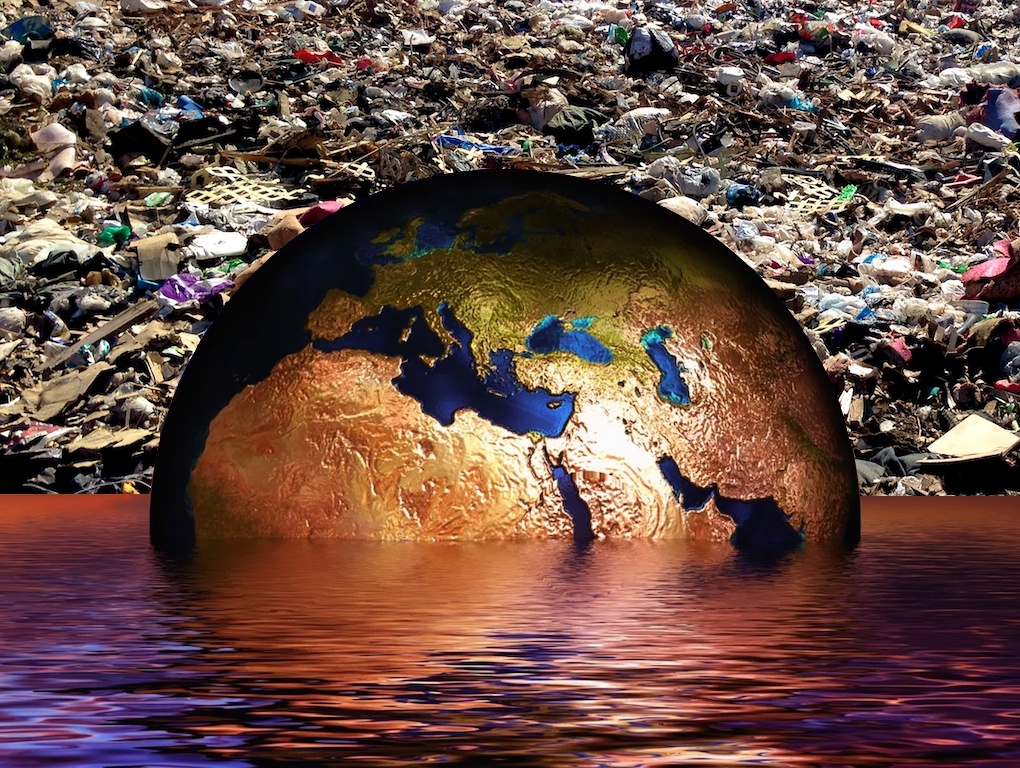6 Mins Read
After decades of scientific consensus on the dangers of unabated climate change, the world is now finally waking up to the need to take action. But when it comes to policy-making – implementing climate adaptation, mitigation, resilience and disaster relief measures – the world is struggling to agree on responsibility.
We know that climate action needs to happen now before it is too late – the impacts on the health, well-being and security of communities, animals, the environment and the economy is on the line. Yet, the question remains: who exactly should be held accountable to pay, enact and monitor these much-needed measures?
This is a heated debate and discussion between every individual who has a stake on the planet – world leaders of countries, students, civil society groups and business CEOs. A number of different approaches have emerged in recent years to help morally navigate this environmental predicament. While there are no clear-cut answers yet, continued discourse is important if we want to combat the most urgent planetary issue of today with the greatest degree of justice.
Collective climate change policies: what should be done?

Broadly speaking, there are two main views on what should be done about climate change. From a utilitarian perspective, which prioritises maximum happiness, policy solutions should be those that will benefit the most people (or animals), without distinguishing between different individual needs, wants, or responsibility. In practice, this may mean focusing resources into the most populated regions on the planet, and enacting climate action measures that will ensure those particular will be most protected against the adverse impacts of climate change.
On the other hand, rights-based approaches might argue that the solution should aim to protect the interests of those most vulnerable to the negative impacts of climate change, such as communities in small island states vulnerable to sea level rise, and climate refugees. This will mean taking into consideration who should bear the duty of adaptation, mitigation and supporting those that might be harmed by these very policies as well.
Now, if we do decide to take these factors into consideration, there are various principles that can help guide the discussion on who should bear certain responsibilities – cost, manpower, change to daily habits, emissions reduction, cost of waste – and why that is.
Polluter Pays Principle (PPP)

Some argue that those who emit the most greenhouse gases into the atmosphere, or are responsible for producing the most waste, should bear costs – a view that ties moral responsibility to those who caused the most destruction on the planet. In this perspective, states that have produced the most emissions and waste should be held accountable to pay for climate action. Countries such as the United States, China and Saudi Arabia should therefore be the countries reducing the most emissions, while China, the United States and Germany would bear the brunt of eliminating overall waste. Asia generates 50% of food waste, and should be reducing that 50% of food waste.
In terms of corporations, multinationals such as Coca-Cola – the biggest plastic polluting brand in the world – should pay for cleaning up beaches, recycling programs and reducing plastic waste. Proponents of Extended Producer Responsibility (EPR) would support this line of argument, and say that manufacturers need to be held accountable for generating so much waste. While a growing number of cities in the United States are lobbying for such laws, some countries have already implemented such legislation, such as the European Union’s “producer pays” law in 1994 where manufacturers have to collect, sort and recycle packaging once consumers are done with it.
However, some could argue that they didn’t intend to create waste or generate harmful emissions, and were unknowingly doing so, and therefore should be excluded from this policy. Unknowing litterers, such as young children who have yet to be taught to refrain from doing so, could be included in this category. Or small business owners who have been left with no alternative suppliers of affordable and eco-friendly packaging materials. Should they have to pay a fine, if they didn’t know what they were doing was harmful to the environment? Or if they had no budget-friendly alternatives?
Beneficiary Pays Principle (BPP)

Others therefore suggest that those benefiting from emissions should pay for the cost of mitigation and adaptation. Otherwise known as “user pays”, this is when those who are causing harm to the environment but are gaining an advantage from it – like those using non-biodegradable plastic cling film because of convenience – should be held accountable to take action. People who don’t contribute to plastic pollution, should therefore be exempt from a certain tax on plastic waste.
Some existing policies follow this reasoning, such as carbon pricing. Singapore’s carbon pricing act in 2018, for instance, imposes a carbon tax on greenhouse gas emissions of business facilities according to how much each company uses. Proponents of this argument may also support a carbon tax on meat consumption, given the association between animal agriculture and massive resource wastage and carbon emissions.
However, the BPP is not necessarily feasible for other environmental policies. How do we properly determine or calculate how much benefit one gains from say generating emissions or creating waste? What about those who create it but do not directly reap any rewards from their non-eco-friendly activities?
Ability To Pay Principle (APP)

Finally, given the urgency of the climate crisis, some theorists believe that those with the most ability to bear the costs should do so, such as wealthy states, companies and individuals. This takes away the need to trace the causal responsibility to the crisis at all, and places duties on the most privileged, advantaged and rich.
Supporters argue that this would be the quickest and most effective way to determine who should pay for the costs of combating climate change, especially when there is simply little time left to lose. In practice, the most developed countries should pay up while developing countries should be spared from bearing the burden of climate action. For instance, while Asia is home to the biggest contributors to the 8 million metric tonnes of plastic waste that ends up on the ocean each year, it may not be possible for many of the region’s countries to actually pay for the cost of undo-ing the damage.
Again, there are no straightforward answers yet. But given that all of us will be impacted by the rapidly escalating climate emergency, we better start thinking about how to navigate the issue in the best way possible.
Lead image courtesy of Pixabay / PxHere / compiled by Green Queen Media.




